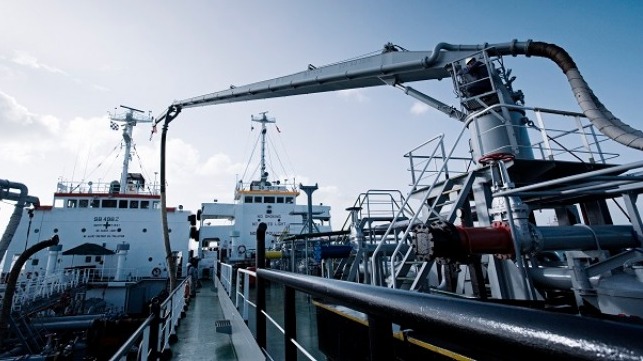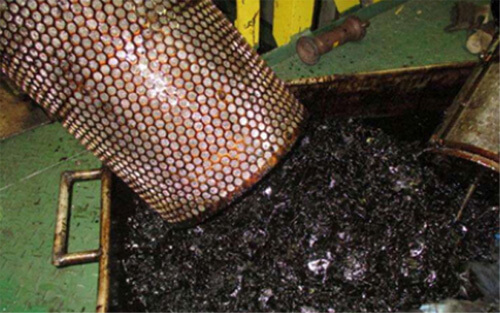Fuel Contamination Incident Spreads to 32 Vessels in Houston and Singapore

An incident of fuel contamination initially reported a month ago limited to a single bunker supplier in Houston, Texas has spread to involve more ships and has also reached Singapore, the world’s largest bunker market. VPS, a fuel testing service is cautioning vessels to continue to monitor for the problem which can cause failures in equipment such as fuel pumps and injectors as the fuel becomes sticker and more viscous. While this incident continues to be limited to a small number of ships, it is however also indicative of a broader problem in the industry.
Initially, VPS highlighted in early July that 11 vessels had suffered operational issues, such as loss of power and propulsion while at sea. These effects resulted from fuel leakage in the ICU (Injection Control Unit) units and fuel pumps not being able to develop the required fuel pressure. According to reports, VPS said it is impacting only auxiliary engines and not main engines.
The incident was reported as originating with a single bunker supplier in Houston and due to significantly high levels of contaminants in very low sulfur fuel oil (VLSFO) bunker fuel deliveries. VPS detected unsaturated chemical compounds which it said can polymerize and oxidize under certain conditions. Should the compounds start polymerizing, they warned that the fuel begins to exhibit a level of stickiness and become more viscous, making it difficult for moving components, such as fuel pump plungers and the fuel injector spindles to move freely.

Fuel sludge can build up in the systems (VPS)
“Over a period of time excessive sludge formation is likely to be experienced,” said VPS. “These effects cause damage to the fuel injection system.”
VPS believes the incident has now risen to 32 vessels that received a total of 61,494 metric tonnes of contaminated fuel. The incident they believe now also involves four bunker suppliers with 12 of the vessels reporting damage received their fuel in Houston, while two other vessels reporting problems received their fuel in Singapore.
A total of fourteen vessels have now suffered some form of damage to their auxiliary engines and fuel delivery systems. In addition, a further 18 vessels which received the contaminated fuel from thirteen additional suppliers, either witnessed no adverse reactions or did not provide any feedback regarding damages.
Three vessels de-bunkered the contaminated fuel after receiving the warning before burning the fuel, while three others de-bunkered after suffering initial engine damage from burning the fuel. Another two vessels burnt the fuel in their main engines without issue after switching it from their auxiliary engines, where it had caused operational damage.
According to the reports, this incident remains narrower in scope than some of the other recent fuel contamination reports. Last year, more than 200 vessels were impacted due to a fuel contamination situation with two suppliers in Singapore.
A Houston, Texas, based start-up, FuelTrust, recently issued a report highlighting what it believes is the broader extent of the overall problem and its impact on shipping. While so far only a dozen ships reported problems in the Houston incident, FuelTrust estimated that at least 100 ships had received the contaminated fuel. They contended from their research that over the past year more than 600 vessels were disabled by fuel problems, despite the fuel delivered being “on-spec.” They estimated that it contributed to losses in excess of $5 billion to the global supply chain.
No comments:
Post a Comment